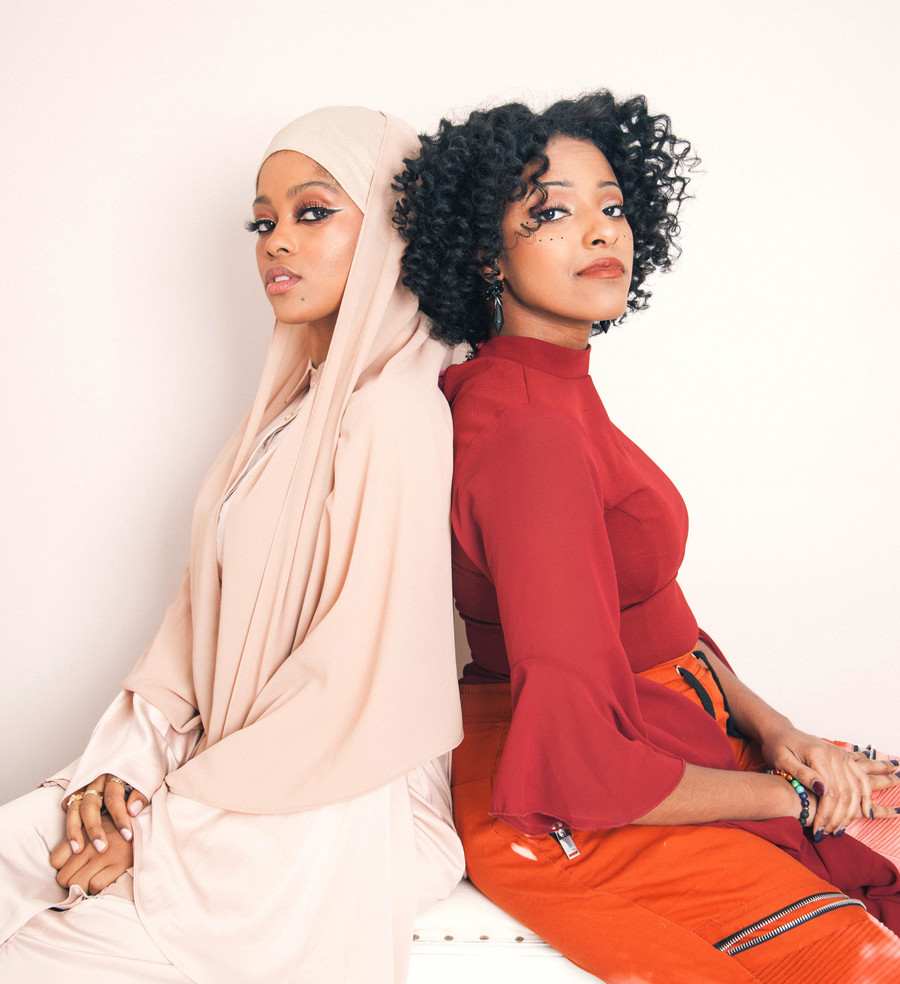
Worth of the Cool
May 20, 2020In February 2017, a video of Drake performing in London began to spread on social media. In the video, Drake can be heard saying, “I see you four girls right there, I hope you having a good time.” He then tells one woman, “You got that hot ass scarf right there, you might want to take this off. You don’t need to come out with that shit.” The title of the YouTube clip is “Drake Tells Muslim Lady To Take Off Her Scarf.” A rapid backlash soon intensified to the point where Drake issued a statement regarding the allegations. On Instagram, her wrote, “[T]o find out that I am being utilized in a fake media story about me disrespecting Muslims is devastating to me…I am well aware of what a hijab is and would never make a disrespectful comment like that in my life towards someone who is wearing one.”
The controversy prompted articles in Teen Vogue, HuffPost, and other outlets. However, the reporting—or more accurately, what each story failed to include—spoke to an interesting phenomenon. See, I don’t need to read media articles about the Drake hijab controversy to remember it because I was there. I don’t mean at the London concert itself—I lived in Minneapolis at the time—but as someone who is Black, Muslim, and a part of Black Muslim Twitter, I was there. Before anyone posted a clip to YouTube, a girl I followed at the time started the rumor as a joke. There are plenty of cracks directed at Drake on social media now, and this was true even back then, mostly because a lot of people find Drake to be a little corny. A joke about Drake telling a Muslim girl to remove her hijab was one of many. But as Black Muslim Twitter watched, what started as a quick internet quip blew up enough to reach the subject of the laughs himself.